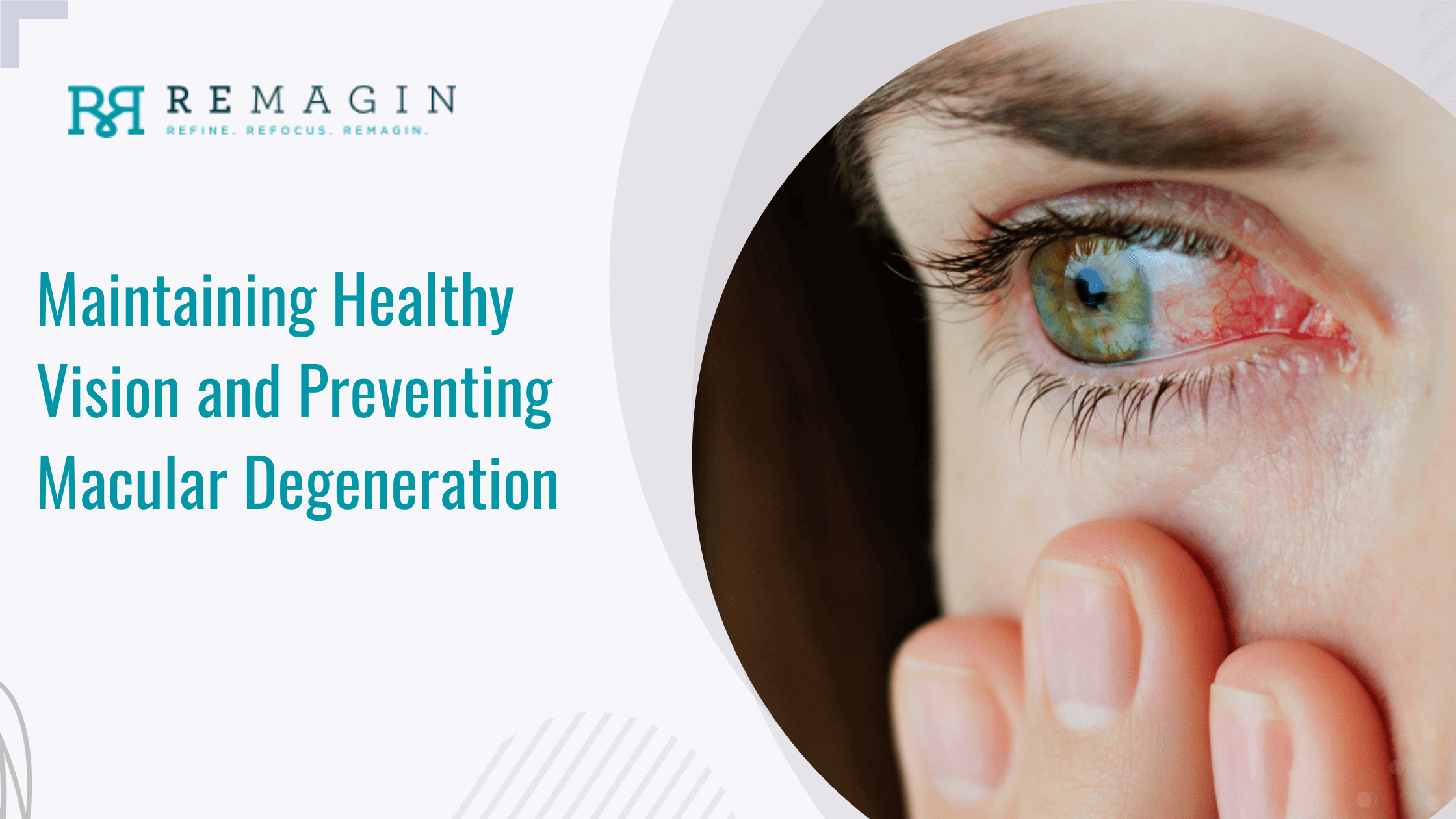



Macular degeneration is a common age-related ailment of the eye, with nearly 20 million adults having this condition. It is most common in people over the age of fifty and is a leading cause of central vision loss among people who are sixty years or older. This eye disorder affects the retina. It occurs when the central part of the retina, called the macula, is damaged. However, timely and proper macular degeneration treatment can help prevent or decelerate the onset of the disease.
This blog will provide in-depth information regarding macular degeneration, including its types, symptoms, and causes, the risk factors, and the best treatment option available.
The macula is a part of the eye that provides a sharp and clear focus in the direct line of sight. Along with your color vision, it is also responsible for your central vision. The macular degeneration disorder impacts that aspect of your vision where you may be able to see things on the side, but you will not be able to clearly view things directly in front of you. It may affect only one eye or both eyes with varying levels of severity.
Since macular degeneration directly affects central vision, it can hamper the daily activities of people with this condition. You may find it difficult to read, drive, or perform other activities that need central vision, such as face recognition, computer use, watching television, and meal preparation, among others.
This is the more common type of macular degeneration, with nearly 80% of the patients suffering from dry macular degeneration. It is caused when parts of the macula become thin and dry due to the build-up of clumps of a protein called drusen under the macula. It is a gradual process that may not affect your eyesight initially, but with an increase in the size and number of clumps, you may experience dimness or distorted vision. Gradually over time, the light-sensitive cells in the macula become thinner and subsequently are completely damaged, leading to color-related vision impairment.
The dry form may not lead to complete loss of central vision, but in several instances, it changes into the wet form of macular degeneration with more severe effects.
It is a rarer and more serious eye condition in which new, abnormal blood vessels grow under the retina and macula. Leakage of blood and other fluids from these vessels leads to scarring of the macula or the formation of a bulge on the macula resulting in faster total central vision loss.
The process of degeneration of the macula starts much earlier ahead but shows no signs. In most cases, by the time people experience symptoms, and it is diagnosed, the condition has further deteriorated or has spread to both eyes.
The symptoms of macular degeneration may include:
While age is the most common cause of macular degeneration, heredity can also be a probable cause of this vision disorder. However, you may be at a higher risk of suffering from the disease if you are:
This degenerative eye disease treatment depends on the type of macular degeneration you have. According to the Age-Related Eye Diseases Study (AREDS), nutritional supplements can reduce the rate of deterioration of your condition. These supplements benefit patients who are looking for dry macular degeneration treatment and also those with the more advanced condition, wet macular degeneration. They contain vitamin C, vitamin E, lutein, zinc, copper, and zeaxanthin.
For wet macular degeneration, besides nutritional supplements, the other treatment options include:
Final Thoughts
Macular degeneration is a part of the aging process and affects a majority of seniors. With advancing age and certain lifestyle habits, the condition can progress faster, leading to impaired quality of life. However, with proper diagnosis and medical care, you can not only manage your symptoms better but also considerably slow down the degeneration.
At Remagin, our board-certified and experienced ophthalmologists offer the highest standards of eye care for a wide range of vision-related issues. We utilize state-of-the-art equipment and technology that ensure the best results for you.
If you are looking for macular degeneration treatment in Orlando, contact us today for more information on the services we offer.